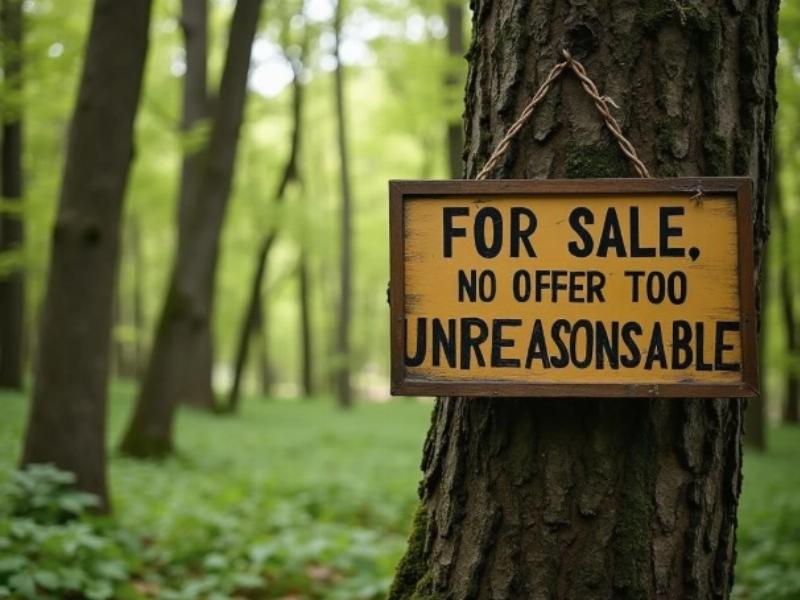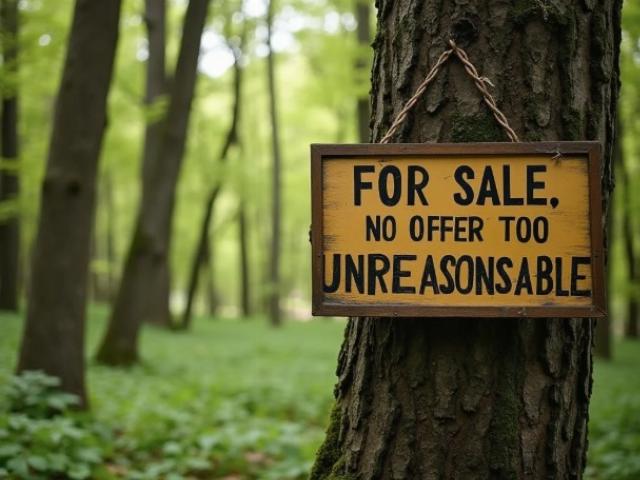


We voted for President Donald J. Trump. By this, all our legislators should understand that business as usual has been shown the door. What some may see as an evolution from the Silent Majority, through Reaganism and the Moral Majority, via the Tea Party, to Making America Great Again has now become America, and Americans, First. This is a great big tent with lots of new faces. Primary season for 2026 is getting underway.
It should have been clear from the massive commentary over the past few years that Americans are sick to death of omnibus bills, rare though they are. They are used to hide all kinds of stuff from the eyes of the voters/taxpayers and prevent proper evaluation and debate, both in committee and in the public square. Now that Elon Musk’s X has made it possible for us to get all the news and debate the issues fully among ourselves, federal legislators and their staff need to get on board. Transparency is now controlling as we evaluate our legislators for continuing service.
This week’s topic is the sale of federal lands. It is being pushed in the Senate’s Energy Committee by Chairman Mike Lee (R-Utah) as part of an amendment to HR-1, the Big Beautiful (reconciliation) Bill. It’s on pages 30-41 of the proposed amendment.

Image made using Pixlr AI.
The original text of HR-1 included the disposal of specific federal parcels in Nevada (Sections 80315 and 80316) and Utah (Section 80317) to local government entities, some to be considered for affordable housing. The bill that passed the House and was sent to the Senate did not include these sections. This was the smart thing to do.
A reconciliation bill should not be used to push new policies and authorities without full scrutiny, especially amendments that include $10 million in new funding to administer the program. The amendment mandates the sale of BLM and NFS land in eleven western states. But National Forest land is found in 43 states, and the Bureau of Land Management manages lands in all the states. Why this limitation? Although the percentage of land required to be sold is small, the acreage comes in at 20 million acres or more.
In recent history, federal land transfers or swaps are small, single-issue bills. They specify the parcel for disposition, the entity to receive it, and the purpose to which it will be put in the future. In this way, Americans can be cognizant of the potential loss of federal assets, the acquisition of state and local assets, and the benefits from the disposal.
Putting the decisions in the hands of the Secretaries of Agriculture and Interior, with only light guidance and no further oversight over their choices of parcels to put up for sale, is not what We the People voted for.
One curious feature of this amendment is that no reason or purpose is mentioned. Usually, Congress takes action in accordance with an overall policy, and states that policy at the outset of the bill. This bit, however, just swings straight into definitions and on to requirements. The sale of property is mandatory; the Secretaries must act and complete the sale within five years. That’s a lot of decisions and disposal actions in a relatively short time. And we have no idea why they want to do this. “Affordable housing” is not mandatory.
The Secretaries do get to decide how many parcels and how many acres an individual buyer can purchase. Now, doesn’t that sound ripe for inappropriate behavior? The amendment tries to say that preference will go to owners of adjacent properties. There are holes in this guidance big enough to fly a 747 through. How easy would it be for certain entities to buy the adjacent land prior to the sale, to ensure their acquisition?
Besides, the government always has excess property for sale, especially now following D.O.G.E.’s evaluation of federal facility utilization. Some of these properties consist of more than a hundred acres. It would be simple enough to stipulate that these must be sold to be used for “affordable housing,” if that’s what we want to do.
The permanent disposal of federal lands was rightly taken out of the initial reconciliation bill. Senator Lee should respect this and propose new stand-alone legislation if he wants the Secretaries to have this authority. Otherwise, go back to disposing of land to other governmental agencies, which retains it in the hands of We the People, just on a local level.
Anony Mee is the nom de blog of a retired public servant who X-tweets at oh_yeahMee.
